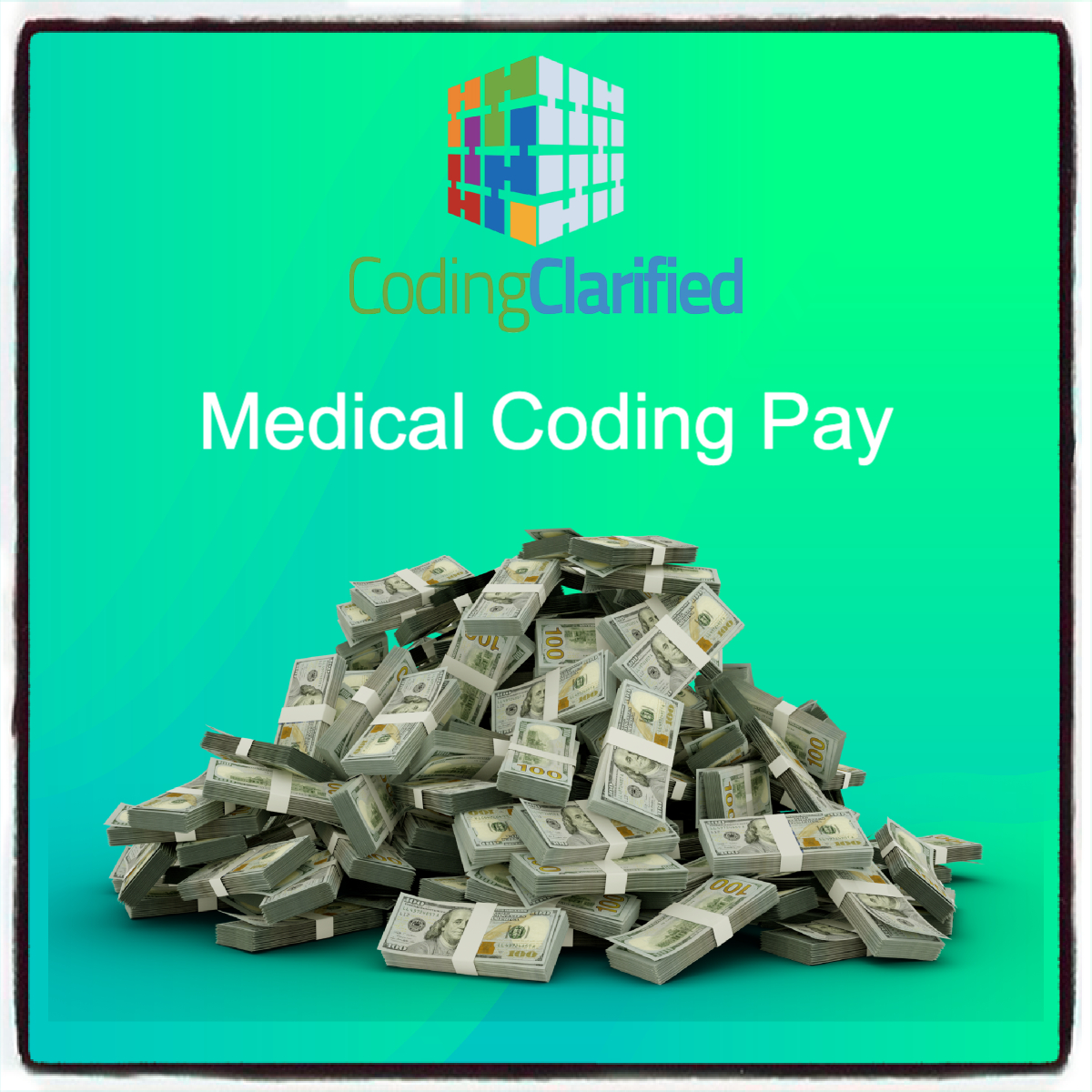Understanding Medical Coding Salaries: What to Expect and Factors Influencing Pay
Medical coding is a vital role in the healthcare system, responsible for translating medical diagnoses, procedures, and services into standardized codes used for billing and insurance purposes. As a profession that combines healthcare knowledge with coding skills, medical coding offers a rewarding career path. Understanding the pay structure and factors influencing salaries is crucial for anyone considering or currently in the field. This article provides an overview of medical coding salaries, including what to expect and key factors affecting pay.
Average Salary for Medical Coders
The salary for medical coders can vary based on several factors, including experience, location, certification, and the type of employer. As of the most recent data:
- National Average: The median annual salary for medical coders in the United States is approximately $55,000. However, this figure can fluctuate based on various factors.
- Entry-Level Coders: Beginners or entry-level medical coders can expect to earn between $40,000 and $50,000 per year.
- Experienced Coders: Coders with several years of experience or specialized skills can earn between $60,000 and $70,000 annually, with the potential for higher earnings in certain sectors or geographic locations.
Factors Influencing Medical Coding Salaries
- Experience Level
- Entry-Level: Newly certified coders or those with less than two years of experience typically earn on the lower end of the salary range.
- Mid-Level: Coders with three to five years of experience can see a significant increase in salary, reflecting their growing expertise.
- Senior-Level: Experienced coders, including those in supervisory or managerial roles, can command higher salaries.
- Certifications
- Certified Professional Coder (CPC): This is a widely recognized certification from the AAPC and can significantly enhance earning potential.
- Certified Coding Specialist (CCS): Offered by the American Health Information Management Association (AHIMA), this certification is also highly valued and can lead to higher salaries.
- Additional certifications or specialized credentials in areas like inpatient coding or risk adjustment can further boost earning potential.
- Geographic Location
- Urban vs. Rural: Coders in major metropolitan areas often earn more due to the higher cost of living and demand for healthcare services.
- Regional Variations: Salaries can vary significantly by state or region. For example, coders in states like California or New York may earn more compared to those in rural areas or states with lower living costs.
- Type of Employer
- Hospitals: Medical coders employed by hospitals may earn higher salaries compared to those working in smaller clinics or physician offices.
- Insurance Companies: Coders working for insurance companies or health management organizations might see higher compensation due to the nature of the work.
- Consulting Firms: Coders employed by consulting firms or those who work independently as contractors can potentially earn more, though this may come with additional risks and responsibilities.
- Specialization
- Inpatient vs. Outpatient: Coders specializing in inpatient coding or those working in complex areas such as oncology or cardiology may earn higher salaries due to the specialized knowledge required.
- Compliance and Auditing: Coders with expertise in compliance, auditing, or risk management may also command higher salaries.
Additional Benefits and Compensation
In addition to base salaries, medical coders may receive various benefits, including:
- Health Insurance: Many employers offer health insurance as part of their benefits package.
- Retirement Plans: Options such as 401(k) plans with employer matching can add significant value to overall compensation.
- Paid Time Off: Vacation days, sick leave, and paid holidays are common benefits.
- Professional Development: Opportunities for continuing education and certification renewal can be supported by employers.
Medical coding offers a promising career with competitive salaries and opportunities for advancement. Salaries can vary widely based on experience, certifications, location, and type of employer. By staying informed about these factors and pursuing additional certifications or specializations, medical coders can enhance their earning potential and career satisfaction.
For those entering the field, it’s important to consider both the financial aspects and the broader benefits of a career in medical coding, including job stability, career growth, and the opportunity to contribute meaningfully to the healthcare system.

